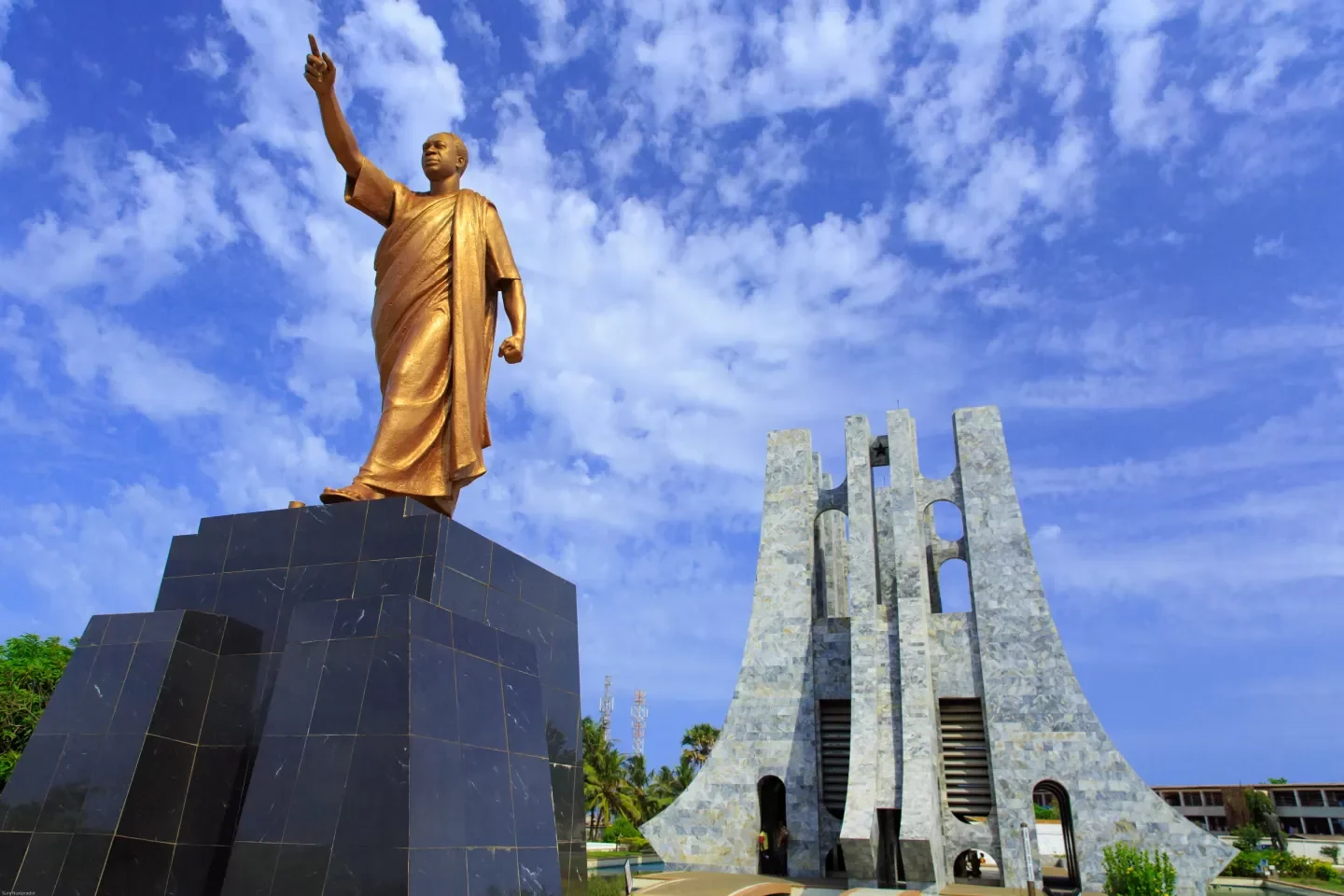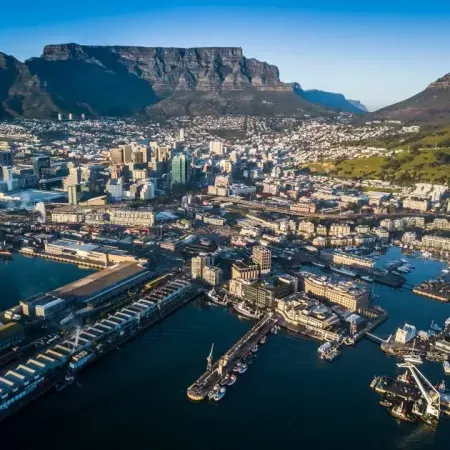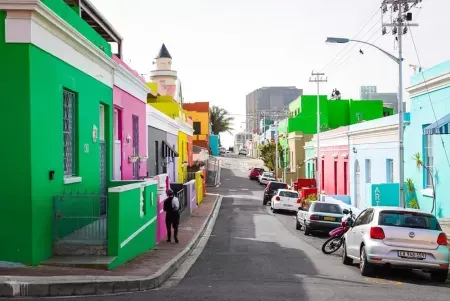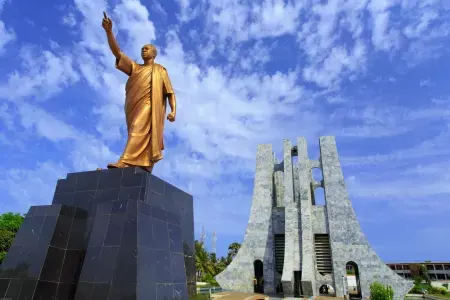Ghana, often referred to as the "Gateway to West Africa," is a land of deep-rooted traditions, historical significance, and rich cultural heritage. From ancient kingdoms to colorful festivals and powerful historical sites, Ghana offers travelers a unique blend of history, art, and tradition that brings the past and present together. Whether you're walking through the halls of the Cape Coast Castle, witnessing the grandeur of the Ashanti Kingdom, or dancing to the rhythms of a local festival, Ghana’s culture is alive in every corner.
If you’re planning a trip to Ghana and want to experience its cultural heritage firsthand, this guide will take you through everything you need to know.
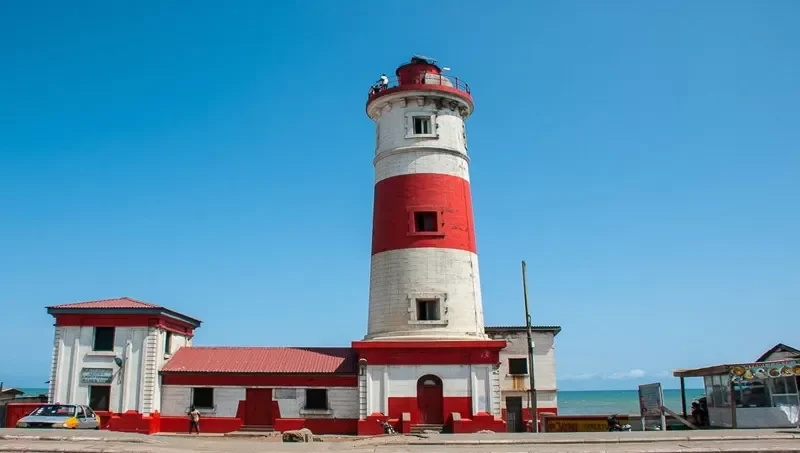
The Legacy of the Great Empires
The Ashanti Kingdom
One of the most powerful empires in West African history, the Ashanti Kingdom still thrives today as an important part of Ghana’s cultural identity. The Ashanti people, known for their bravery, craftsmanship, and political structure, have preserved their heritage for centuries.
Kumasi, the capital of the Ashanti Region, is home to the Manhyia Palace, where visitors can explore the history of Ashanti kings and their significant role in shaping Ghana. The Prempeh II Jubilee Museum showcases royal artifacts, traditional regalia, and war relics.
The Akwasidae Festival, held every six weeks, is a must-see event where the Asantehene (Ashanti King) makes a grand appearance, dressed in gold ornaments, as people pay their respects through drumming, dancing, and storytelling.
The Slave Trade and Ghana’s Dark History
Ghana played a major role in the transatlantic slave trade, and the remnants of this painful past can be seen along its coastline.
Cape Coast Castle & Elmina Castle
These UNESCO World Heritage Sites stand as reminders of the horrors of the slave trade. Cape Coast Castle and Elmina Castle were once major slave trading posts where millions of Africans were held before being shipped to the Americas. Walking through the dark dungeons and standing before the infamous "Door of No Return" is a deeply moving experience that gives visitors a glimpse into the resilience of those who suffered through this period.
Vibrant Festivals and Traditions
Ghanaian culture is best experienced through its festivals, where music, dance, and storytelling bring history to life.
Homowo Festival (Ga People – Greater Accra Region)
Homowo, meaning "hooting at hunger," is a traditional festival celebrated by the Ga people in Accra. It marks the end of a famine that once plagued the land and is filled with feasting, drumming, and vibrant parades.
Chale Wote Street Art Festival
For a modern twist on Ghanaian culture, the Chale Wote Festival in Jamestown, Accra, is an explosion of street art, performances, music, and fashion. Artists from across Africa gather to showcase contemporary African creativity.
Panafest & Emancipation Day
Held every two years, Panafest is a celebration of African unity, heritage, and resilience. It attracts people from the African diaspora who come to reconnect with their ancestral roots through performances, traditional rituals, and historical discussions.
Ghanaian Art, Music, and Dance
Ghana is a hub of artistic expression, with its culture reflected in music, dance, and crafts.
Adinkra Symbols & Kente Cloth
Ghanaian textiles are more than just fabric—they tell stories. Adinkra symbols, often seen on cloth, represent philosophical concepts such as wisdom, unity, and strength. The Kente cloth, traditionally worn by royals, is woven with intricate designs, each carrying its own meaning.
Highlife & Afrobeats Music
Ghana’s music scene has influenced African and global sounds for decades. Highlife music, characterized by jazzy horns and rhythmic guitar, remains a key part of Ghanaian celebrations. Today, modern artists like Sarkodie, Shatta Wale, and Stonebwoy have brought Afrobeats to the world stage.
Traditional Dance
From the fast-paced Kete dance of the Ashanti to the storytelling Agbadza dance of the Ewe people, Ghanaian dance forms are a lively part of cultural celebrations.
Sacred Sites and Spirituality
Ghana’s culture is deeply spiritual, with a mix of traditional beliefs, Christianity, and Islam.
Larabanga Mosque
Known as the "Mecca of West Africa," the Larabanga Mosque is the oldest mosque in Ghana, dating back to the 15th century. This beautiful Sudanese-style structure is a key pilgrimage site for Muslims in the region.
Tongo Hills & Tengzug Shrine
In the Upper East Region, the Tongo Hills and Tengzug Shrine are considered sacred. These sites are believed to be spiritual places where people seek blessings and guidance from the ancestors.
Traditional Ghanaian Cuisine
No cultural journey is complete without food! Ghanaian cuisine is rich in flavors, spices, and local ingredients.
Jollof Rice
A West African favorite, Ghana’s Jollof rice is a must-try dish, made with tomatoes, onions, and a mix of spices.
Fufu & Light Soup
This starchy dish, made from pounded cassava and plantain, is commonly served with spicy light soup or groundnut soup.
Waakye
A breakfast favorite, Waakye is a mix of rice and beans, served with fried plantains, spaghetti, and stewed meats.
Experience Ghana’s Culture for Yourself
Ghana’s cultural heritage is a treasure trove of history, tradition, and vibrant celebrations. Whether you're tracing the footsteps of the Ashanti kings, standing in awe at the Cape Coast Castle, or dancing in a local festival, every moment in Ghana tells a story.
If you're looking for an unforgettable journey that connects you with Africa’s past and present, Ghana is the place to be. Immerse yourself in the warmth of its people, the beauty of its traditions, and the depth of its history.
Are you ready to explore Ghana’s cultural heritage? Start planning your trip today!
